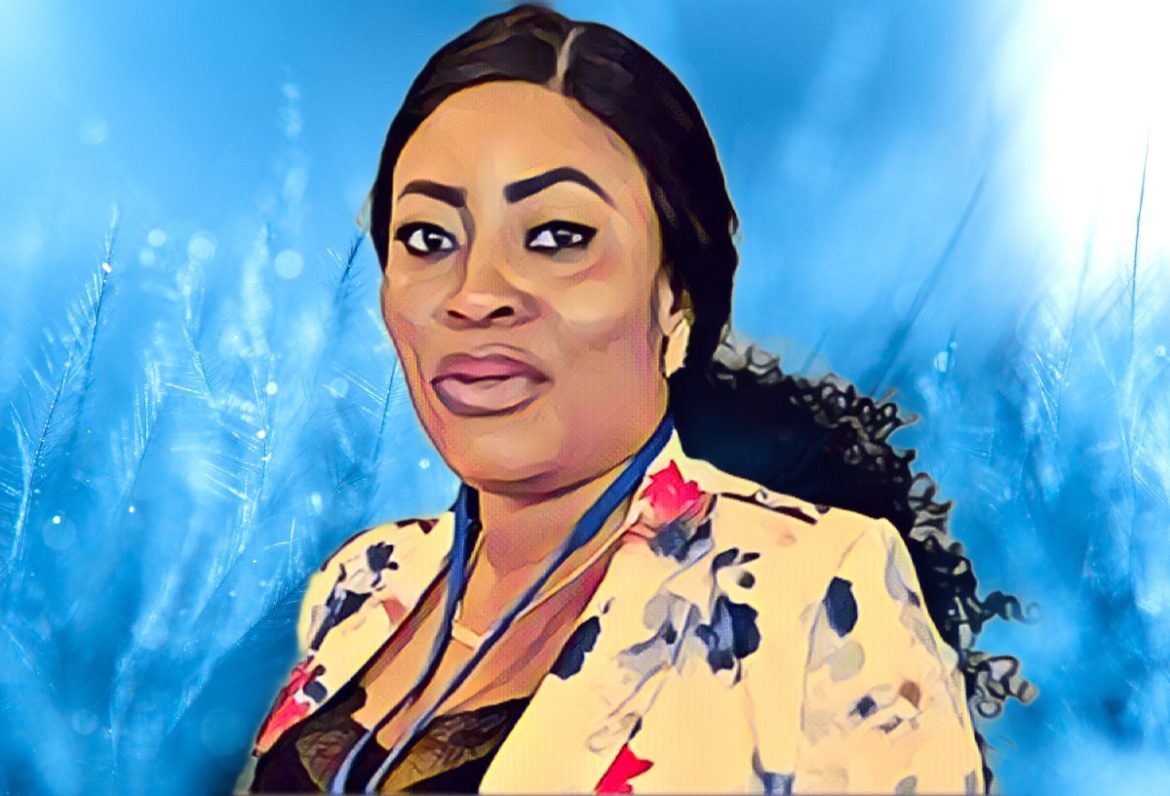Josephine Oppong-Yeboah, a renowned media personality and staunch advocate for gender equality, passionately argues that protecting the rights of women and girls is fundamental to eradicating violence and discrimination against them. Her advocacy work is aimed at reinforcing the progress made in promoting and safeguarding women’s and girls’ rights globally, with a keen focus on the African continent.
Oppong-Yeboah’s concerns are timely and critical, especially in light of data suggesting a concerning reversal of advancements toward eliminating gender-based violence and discrimination worldwide. This alarming trend underscores the need for immediate and decisive action to address these issues comprehensively.
In March 2024, Oppong-Yeboah participated in the 68th session of the Commission on the Status of Women (CSW) at the United Nations headquarters in New York. This year’s session, which spans from March 11 to March 22, revolves around the theme “Accelerating the achievement of gender equality and the empowerment of all women and girls by addressing poverty and strengthening institutions and financing with a gender perspective.”
The CSW convenes annually to deliberate on a priority theme, evaluate the progress made, pinpoint existing challenges, and establish international norms to advance gender equality and champion the rights of women and girls. This platform is vital for influencing global policy and fostering international cooperation in the pursuit of gender parity.
Oppong-Yeboah underscores the importance of gender equality as a cornerstone of a just and equitable society, where every individual, irrespective of gender, enjoys equal access to opportunities, resources, and freedoms. She articulates that bridging the gender gap across all societal domains can significantly enhance economic growth and productivity, highlighting the pivotal role of equal access to education and employment opportunities in spurring economic development.
Furthermore, Oppong-Yeboah emphasizes the positive impact of gender equality on health outcomes for both men and women. By facilitating access to healthcare services, upholding reproductive rights, and mitigating gender-based violence and discrimination, gender equality leads to improved overall well-being.
The advocate also draws attention to the disproportionate suffering of women and girls in conflict zones, illustrating the dire consequences of warfare predominantly waged by men. She advocates for peace and stability in communities, which are essential to protecting the welfare of women and girls.
A crucial aspect of Oppong-Yeboah’s advocacy is the call for increased female representation in decision-making processes. Despite compelling evidence that women’s active participation enhances the effectiveness of peacebuilding efforts, there is a noticeable decline in the number of women occupying decision-making positions, especially in Africa.
Oppong-Yeboah’s engagement at the CSW and her ongoing advocacy work spotlight the critical need for concerted efforts to defend the rights of women and girls. By addressing the root causes of gender inequality, including poverty, institutional weaknesses, and inadequate financing, stakeholders can accelerate the journey toward gender equality and the empowerment of all women and girls.
Her call to action resonates with a broader audience, urging governments, organizations, and communities to prioritize gender equality as a fundamental human right and a prerequisite for sustainable development. Through collaboration, innovation, and persistent advocacy, it is possible to reverse the tide of regression and move closer to a world where gender equality is not just an aspiration but a reality.
Source: Graphic Online





1 comment
Your point of view caught my eye and was very interesting. Thanks. I have a question for you.